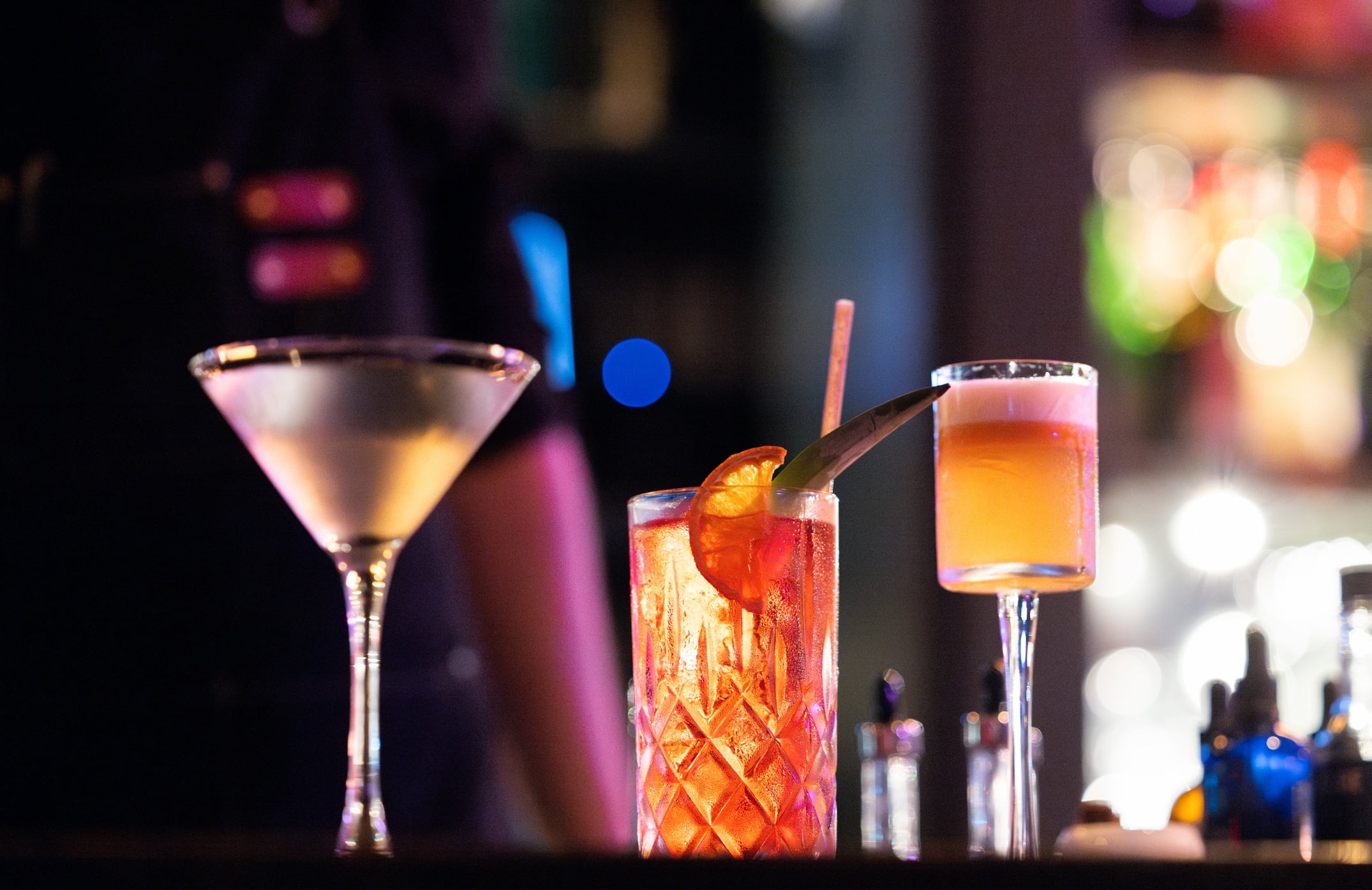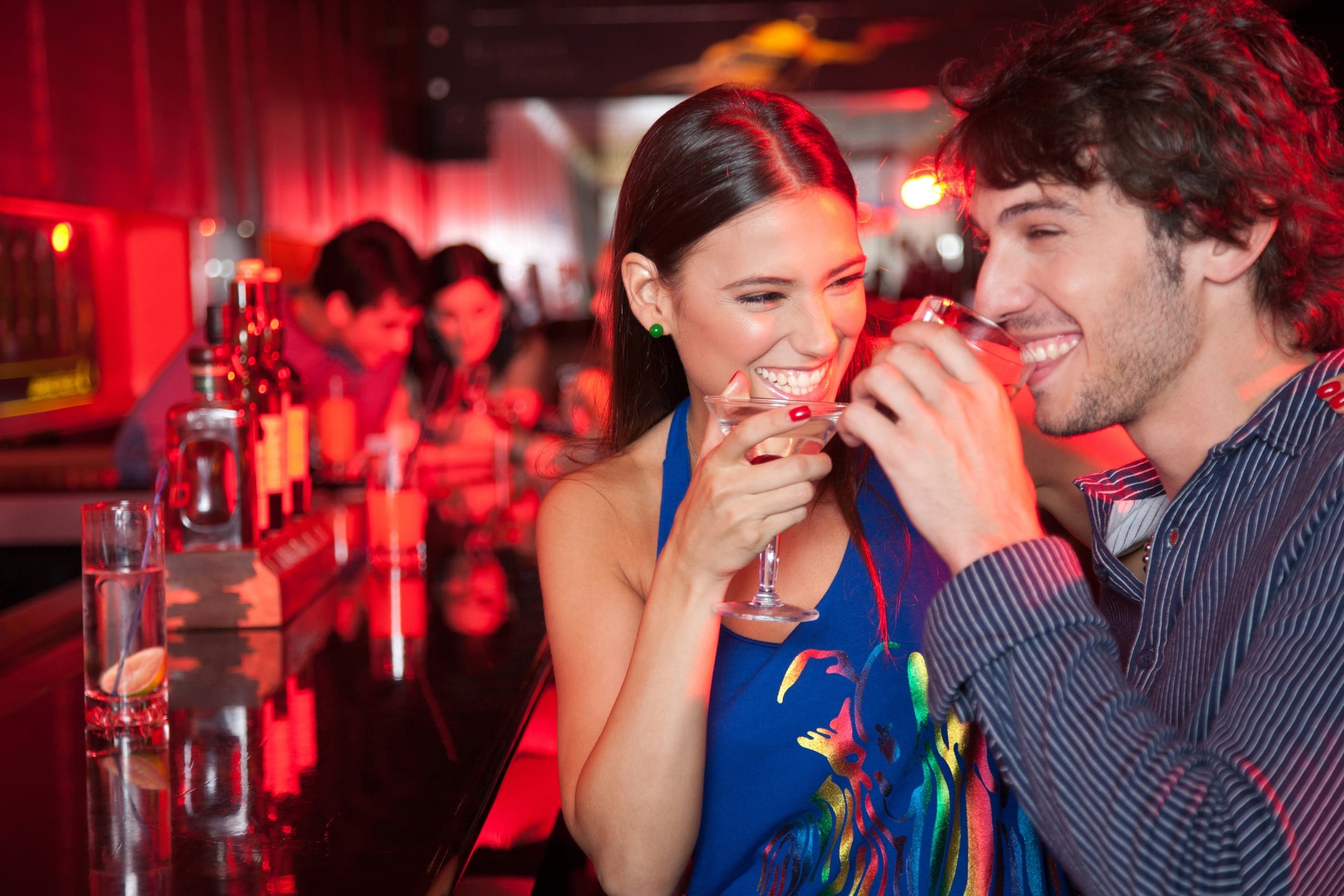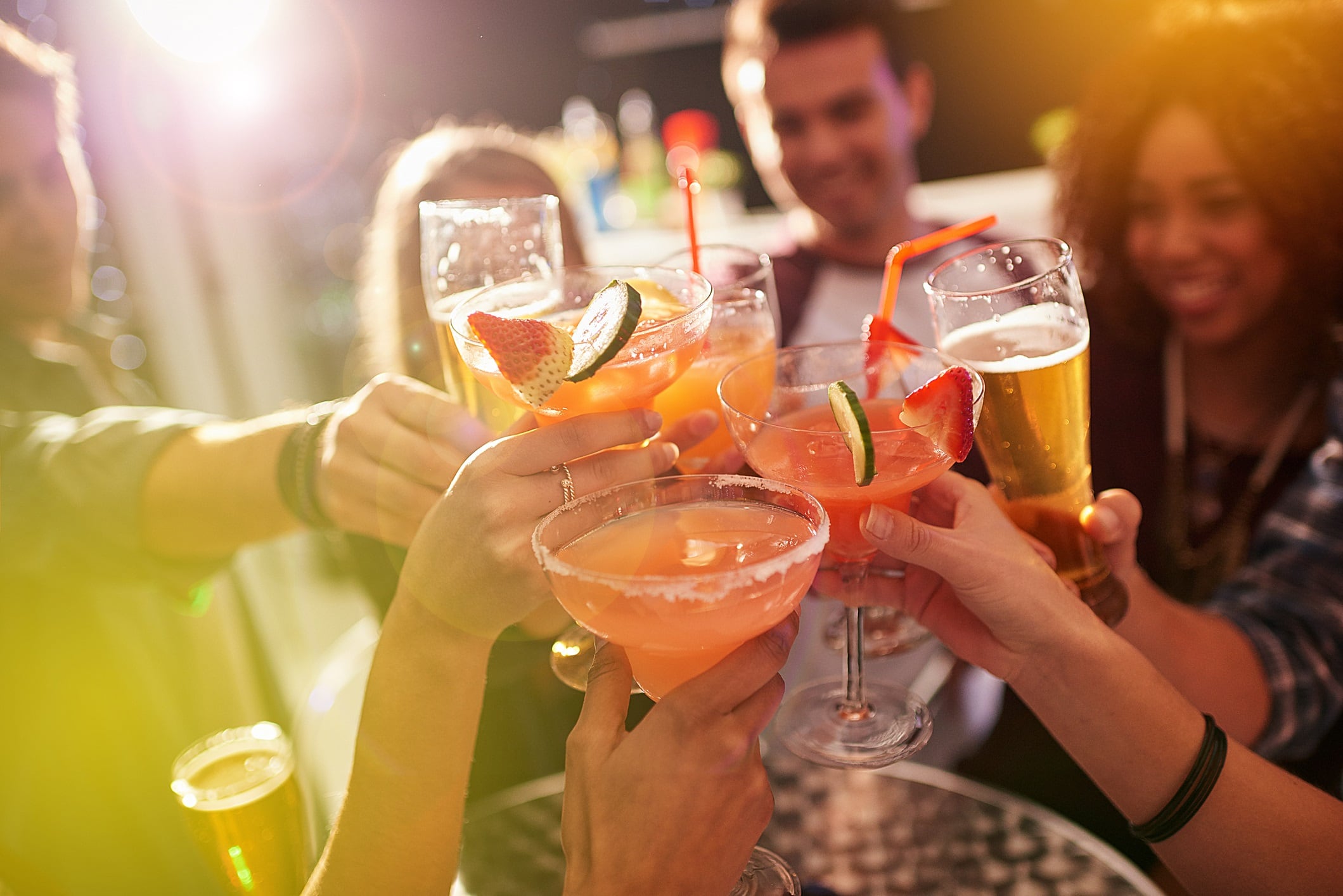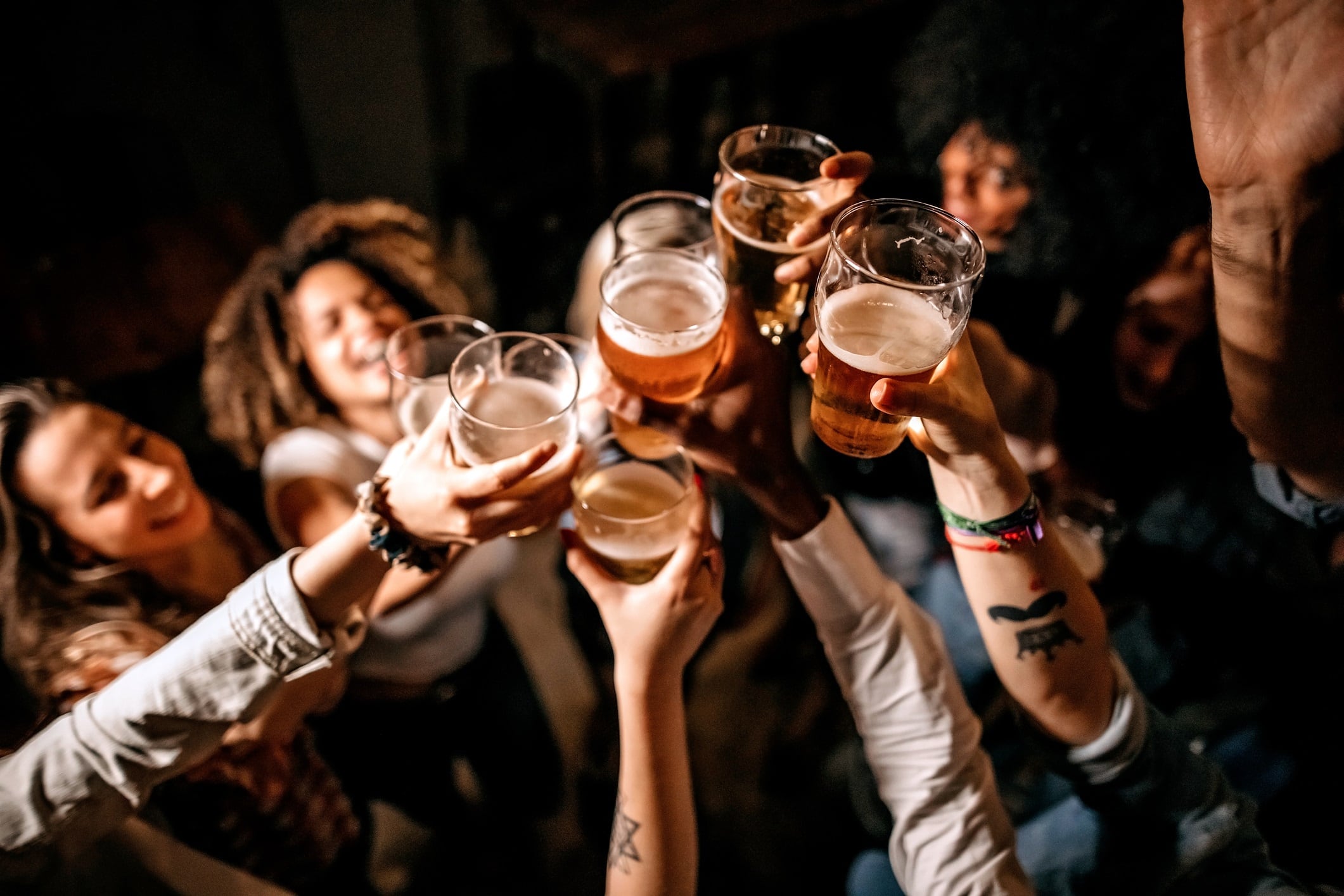Future of functional non-alcoholic drinks market - summary
- Global functional drinks market projected to reach $250 billion by 2030
- Alcohol consumption continues to decline creating strong growth potential
- Brands must innovate with science-backed ingredients and premium experiences
- Personalisation and sustainability will drive next-generation beverage strategies
- Functional drinks will blur lines between indulgence and wellness for consumers
The functional non-alcoholic drinks market has exploded over the past five years.
And that growth is hardly surprising, since it combines two of the biggest trends in the beverage sector - declining alcohol consumption and the growing demand for functional benefits from food and drink.
In fact, figures from the WHO show that alcohol consumption fell by 12% between 2010 and 2022, and continues to decline at a rate of 0.5 litres per capita. That’s a huge drop off, for an industry which relies largely on volume sales.
Meanwhile the functional beverage market is on course to hit a global market value of $250bn (€216bn) by 2030.
“Increasing awareness regarding the health benefits of consuming functional drinks, enriched with health-enhancing ingredients, including amino acids, vitamins, and minerals, among others, is a major driver boosting the growth of the functional drinks industry,” says a spokesperson for industry experts Grand View Research.
As a result, functional non-alcoholic drinks innovation is sweeping the sector, with manufacturers keen to tap into the latest beverage trend.
Functional non-alcoholic drinks sector growth
Functional non-alcoholic drinks combine the appeal of social drinking with added benefits like stress relief, gut health, and mental focus. And there’s no risk of a hangover either.
What are functional non-alcoholic drinks?
Functional non-alcoholic drinks are non-alcoholic spirits, beers, wines and cocktails, made with additional functional ingredients, including adaptogens and nootropics.
These are added to provide specific health benefits such as stress relief, focus, and relaxation.
The functional non-alcoholic category also includes drinks which do not have an alternative counterpart, such as juices and smoothies.
With younger generations drinking less and demanding multi-functional products, these sophisticated alternatives are quickly reshaping the drinks category.
Functional non-alcoholic spirits (gin, whiskey, aperitifs)
These mimic traditional spirits but include health-boosting botanicals and adaptogens.
- Three Spirit: Functional non-alcoholic spirits like Livener (energising with caffeine and guayusa) and Nightcap (calming with valerian root and lemon balm)
- Ghia: Bitter aperitif with gentian root and citrus for mood lift.
Functional mocktails & ready-to-drink (RTD)
- Kava Haven: Kava-based drinks for stress relief and relaxation
- Hiyo: Sparkling tonics with adaptogens and nootropics
- Recess: Sparkling water infused with hemp and adaptogens
- Kin Euphorics: Mood-enhancing blends with botanicals and nootropics
- De Soi: Aperitif-style drinks with adaptogens for calm and focus.
Functional non-alcoholic wines & beers
- Surely: Non-alcoholic wine with added antioxidants
- Athletic Brewing: Craft NA beers with electrolytes for hydration.
Functional sparkling waters & tonics
- Aplós: CBD-infused sparkling water – for relaxation and mood boost
- Poppi: Prebiotic and probiotic gut-friendly sodas
- TRIP: Adaptogen sparkling drink with ashwagandha, L-theanine and lion’s mane for stress and focus.

Top 5 functional ingredients for non-alcoholic drinks
- Adaptogens such as ashwagandha, rhodiola and ginseng - for stress relief
- Nootropics such as l-theanine, caffeine and guayusa - for focus and energy
- Botanicals such as gentian root, lemon balm and chamomile - for calm and digestion
- Probiotics and prebiotics such as kombucha and kefir for gut health
- Electrolytes and minerals such as sodium, potassium and magnesium for hydration and recovery.
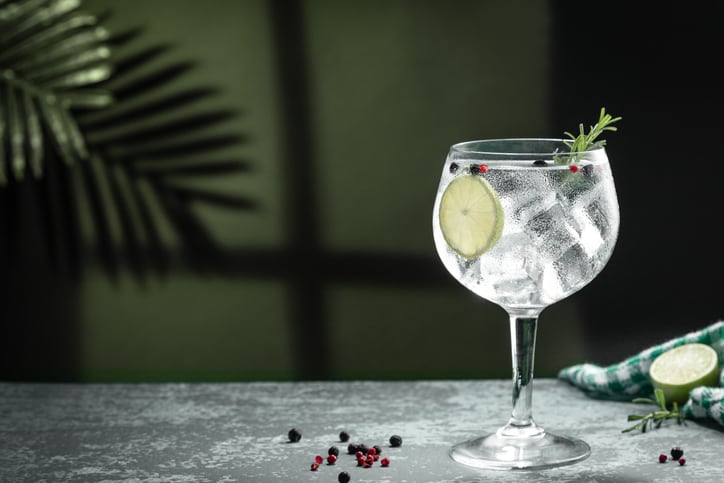
The Future of Functional Non-Alcoholic Drinks
The outlook for functional non-alcoholic beverages could be transformative for the beverage industry.
With global functional drink sales projected to hit $250bn by 2030 and alcohol consumption continuing to decline, this category is perfectly positioned for sustained growth.
But the real story lies in the opportunities ahead. Brands that can combine science-backed functionality with great taste and premium branding will lead the charge.
Expect innovation to accelerate in areas like adaptogens for stress relief, nootropics for cognitive performance, and gut-health boosters, as consumers increasingly seek beverages that support holistic wellness.
Beyond ingredients, personalisation will become a key differentiator - think AI-driven recommendations, functional blends tailored to mood or activity, and subscription models that deliver curated wellness experiences.
And as the lines between indulgence and wellness blur, functional non-alcoholic drinks will evolve from niche to mainstream, reshaping social rituals and redefining what it means to celebrate.
For brands willing to innovate, the next five years represent a golden era of growth, creativity, and category leadership.


